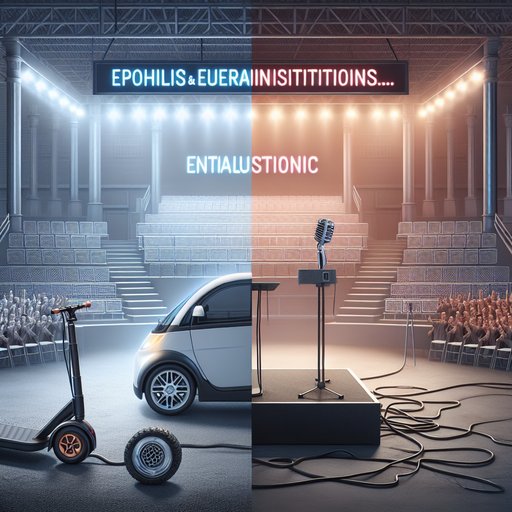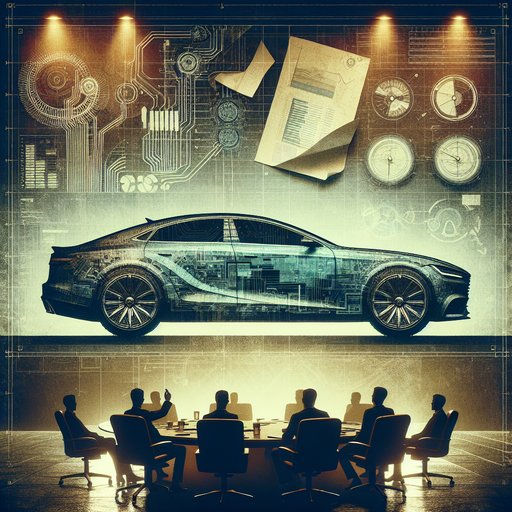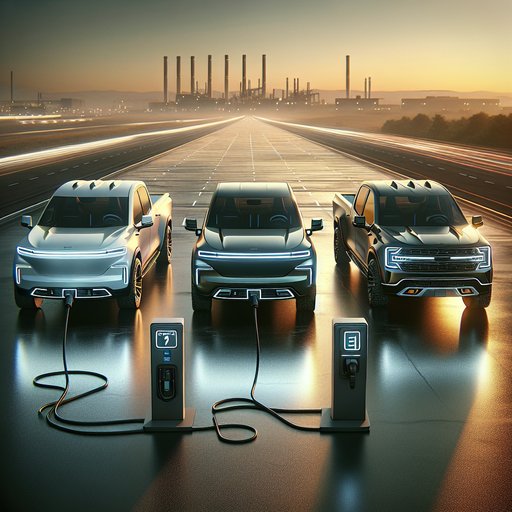
Semiconductor strength, shifting electric-vehicle incentives, and a pair of operational shocks are reshaping the near‑term outlook for mobility supply chains. Foundry leader TSMC extended its dominance in advanced chips, while analysts struck a bullish note on a key U.S. chip designer—signals that the upstream technology backbone remains resilient. In EVs, fresh discounts and aggressive leasing in some markets contrast with tariffs and taxes elsewhere, complicating battery demand planning. Automakers continue to recalibrate production and product pipelines, even as a cyber incident and a labor‑law enforcement action highlight how non‑material risks can still bottleneck output. The overall picture is a sector adapting in real time: capacity where it counts, policy tailwinds and headwinds in parallel, and logistics teams working through disruptions with an eye on recovery.
Semiconductors remain a pillar of stability. TSMC’s global market share climbed to a new high of 70.2% in the second quarter, underscoring the foundry’s central role in supplying the world’s chips [1]. On the design side, coverage arguing that Advanced Micro Devices’ 2026 forecasts are “way too low” hints at continued upside for compute demand, with potential spillovers into automotive, AI and edge applications that rely on performant silicon [2]. For automakers that endured chip shortages, concentrated but expanding capacity at scale suppliers is a constructive signal for build schedules and electronics‑heavy vehicle roadmaps.
Battery demand signals are more mixed across markets, shaped by policy. In the UK, several EVs are now £1500 cheaper under the Electric Car Grant, with some models seeing even larger savings—an immediate boost to retail affordability and, by extension, near‑term battery orders [3]. In North America, automakers are leaning on aggressive leases amid a 25% tariff on imported EVs and the impending sunset of a federal tax credit at month‑end, a combination pushing consumers toward monthly deals and helping factories keep utilization up [4]. Policy could also open channels: Canada is reviewing its 100% tariff on Chinese EVs, potentially creating an entry point that would ripple through sourcing and logistics if adjusted [5]. Conversely, Kenya’s high import duties are stalling EV adoption, a reminder that taxes can dampen demand and slow battery penetration where incentives are scarce [6].
Automaker planning reflects this push‑and‑pull. GM’s bid to re‑introduce an affordable EV—its new Chevy Bolt—is proceeding with one fewer shift as production ramps later this year, signaling a cautious but ongoing commitment to volume electrification despite cost pressures [7]. At the premium end, Volvo teased its EX60 with promises of a “groundbreaking user experience,” a product move consistent with the company’s ambitious electrification strategy and a likely catalyst for supplier engagement across software, chips, and battery systems [8]. The blend of cautious capacity additions and innovation‑led launches suggests suppliers will see steady program wins, even as order books adjust to regional pricing and incentive dynamics.
Logistics and operations faced two stark reminders that resilience extends beyond parts flow. Jaguar Land Rover remains hampered by a global system fault linked to a hack, with police and cyber experts assisting and no new Land Rovers currently able to be made or registered—an IT‑driven bottleneck cascading through production, delivery, and compliance nodes [9]. In the U.S., an Immigration and Customs Enforcement raid at Hyundai’s Georgia plant led to arrests of South Korean nationals without permission to work, highlighting how workforce compliance can abruptly affect output planning [10]. Both episodes reinforce the case for diversified systems, contingency labor strategies, and cross‑functional crisis response to keep pipelines flowing when non‑material shocks hit.
- TSMC's global market share hits new high of 70.2% in Q2 - Focus Taiwan
- Advanced Micro Devices' 2026 Forecasts Are Way Too Low - MarketBeat
- Every model discounted by the Electric Car Grant
- From $0 a month: 5 of the best EV lease deals in September
- Canada may get cheap Chinese EVs because of what’s in your cooking oil
- Kenya’s High Import Duties On Electric Cars Stall Adoption
- GM’s promised affordable EVs hit another hurdle, but there’s more to the story
- Volvo Teases EX60 with “Groundbreaking User Experience”
- Police and cyber experts brought in as JLR remains crippled by hack
- ICE Raids Hyundai's Georgia Plant to Enforce Foreign Worker Laws
















